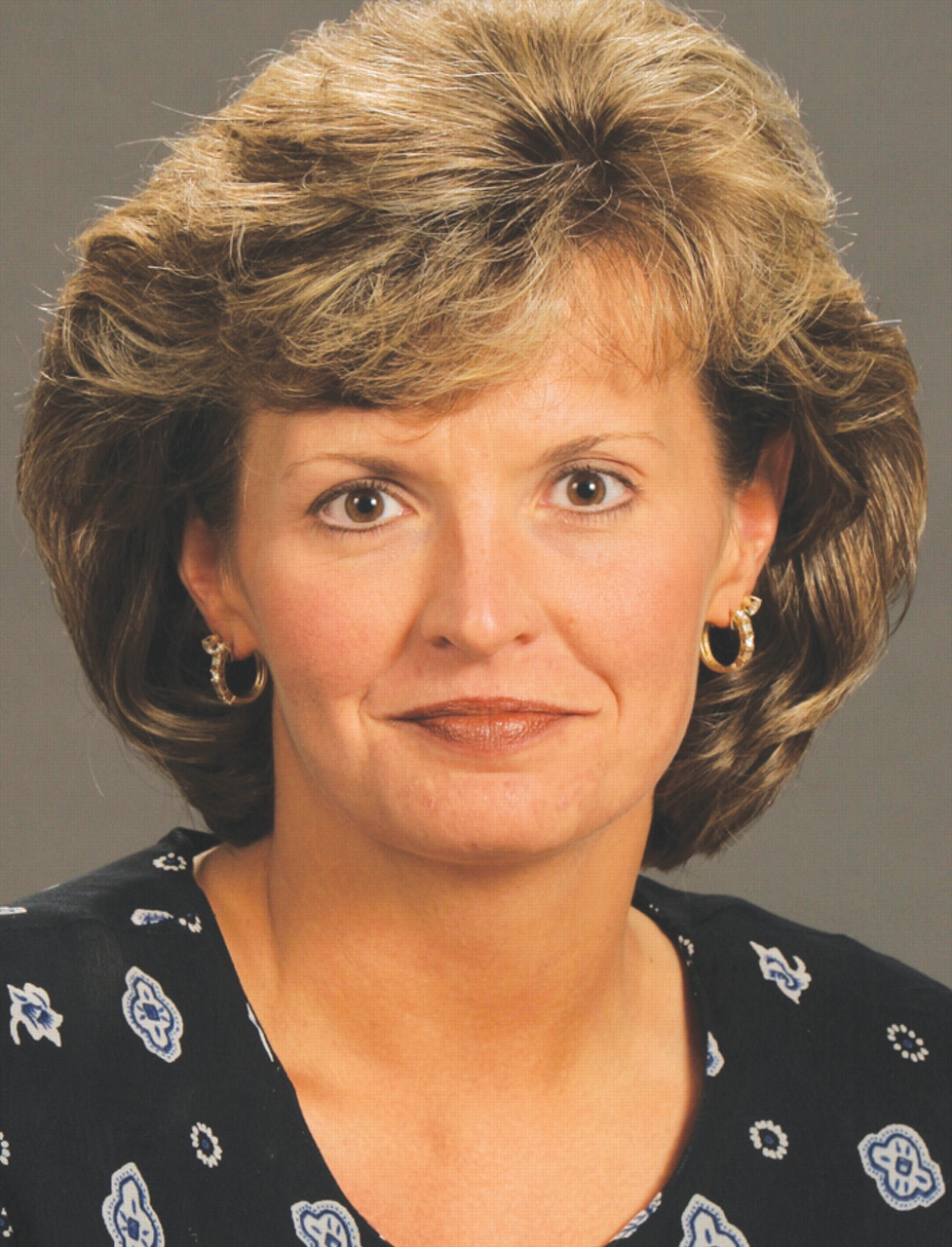At the beginning of my fourth year of residency, I made a decision to pursue certification in addiction psychiatry through the American Society of Addiction Medicine. I signed up for six months of electives on an acute addiction service at a private psychiatric hospital. I have completed two of the six months of training, and I can only say that this experience has been remarkable.
Having not had any personal or close family experience with addiction, I found myself in a situation with a huge learning curve. I thought that my previous three years of training and experience working with patients in the emergency room had me fairly well prepared to work with this patient population. I couldn’t have been more wrong.
This experience has been somewhat similar to learning a new language, I’ve told my husband. Simply learning the terminology and slang phrases has been challenging; however, what has fascinated me the most is learning how an addict’s mind works.
I have been utterly fascinated by the sheer depth of despair and loss that many of these patients have suffered through. I listen as a heroin addict talks about how she craves heroin every minute of every day, even while high, and that her thoughts revolve around how she will get her next hit. Despite this, she managed to stay clean during the nine months that she was pregnant last year.
I talk to the woman with two children who had been admitted for treatment of cocaine addiction five different times. The last time was for a six-month program. She is disgusted with herself for relapsing once again after 90 days of clean time and worries about raising her kids and being a good role model.
I listen to a registered nurse talk about the guilt, shame, and remorse that she feels over diverting narcotics from a hospital patient for whom she was caring.
I have learned about how completely different cravings are for cocaine versus heroin addicts. I look forward to my daily hour of lecture with my attending as he helps me understand this culture, this world, and this disease. His passion and total dedication to his patients are evident, and his enthusiasm is infectious.
As I look around the unit, I find that despite different socioeconomic backgrounds, professions, and personal histories, all of these individuals are fighting similar personal demons. I have learned that no one really wants to use these addictive drugs—the price simply becomes too high and the losses too deep. I wonder what makes one person persevere through tragedy while another succumbs to the world of drugs or alcohol.
In addition, I am questioning many of my own beliefs about strength, courage, and tenacity. I have always had firm convictions about the need to fight the stigma associated with mental illness; however, I had yet to realize that the stigma associated with addiction is just as strong, if not stronger. Moreover, while it’s true that we in psychiatry are taught that addiction is a form of mental illness, I’ve come to a far greater and more personal understanding of that lesson. Mental illness and addiction are not mutually exclusive, as many still believe.
I am not yet fluent in the language of addictions and their treatment, but I’ve come to appreciate how important it is to speak more than one language in the field of psychiatry. I don’t think we can do our jobs well without that ability. ▪

